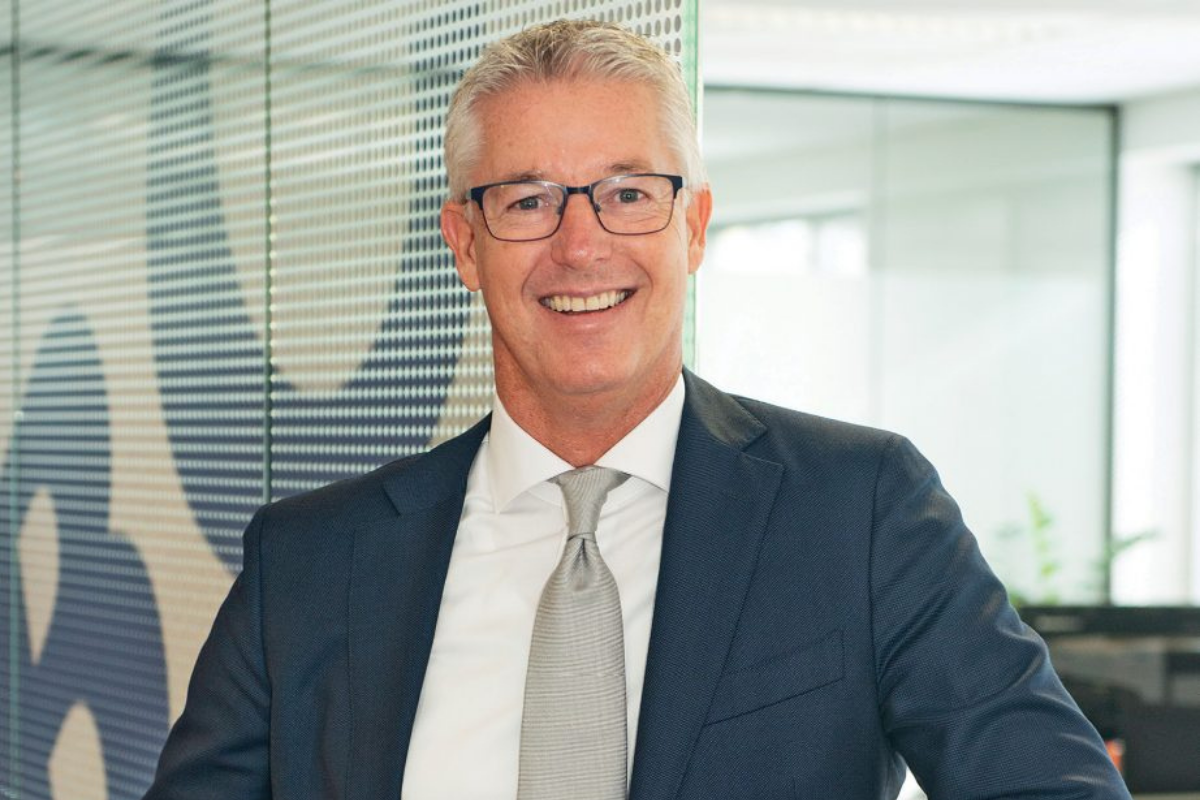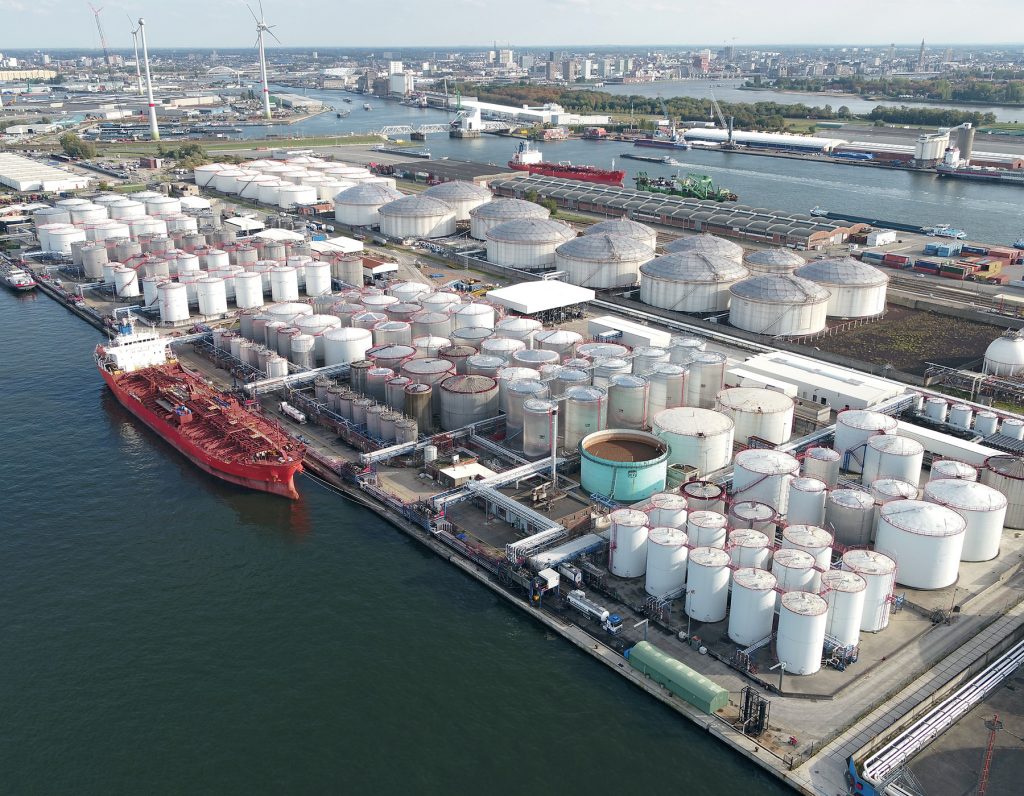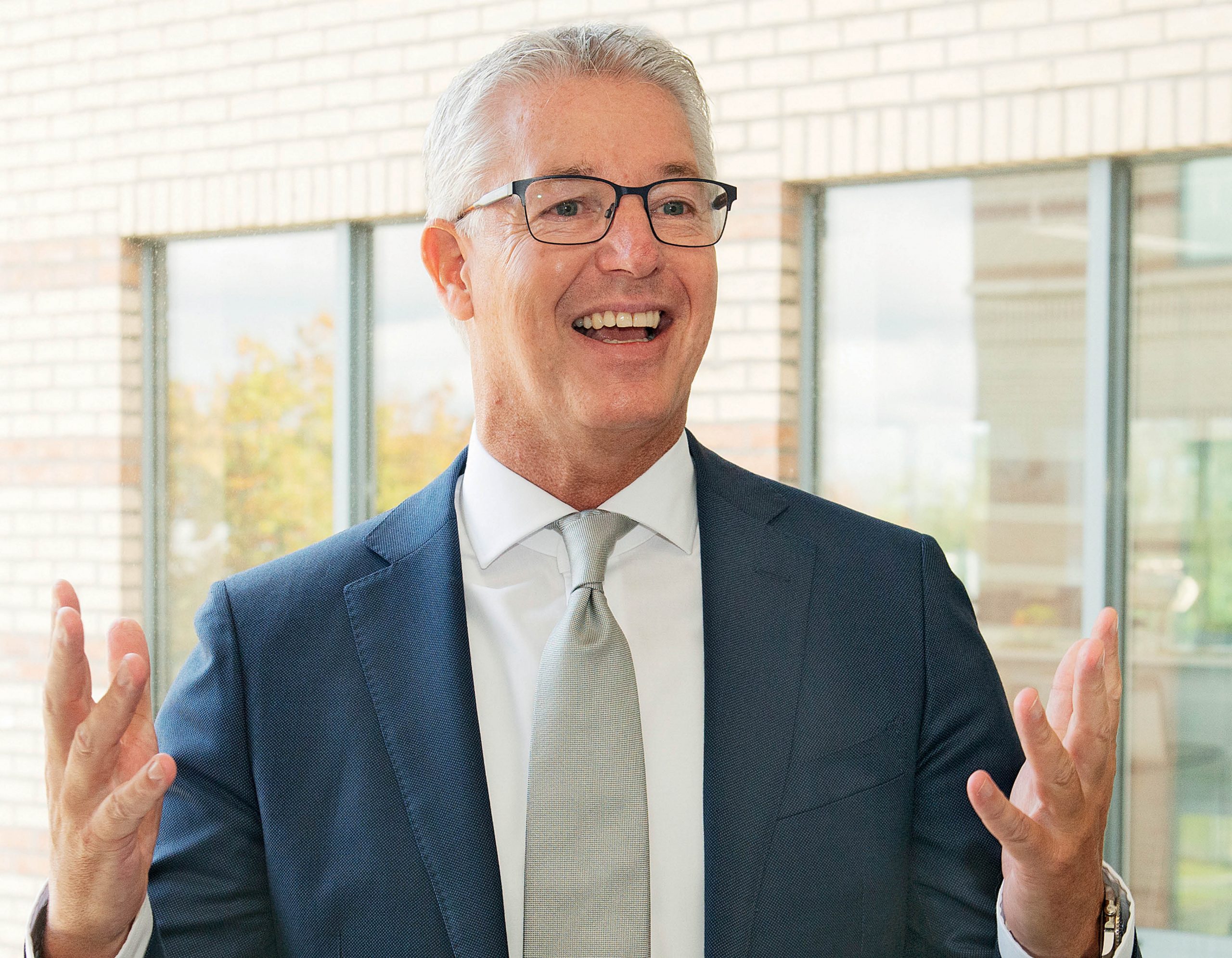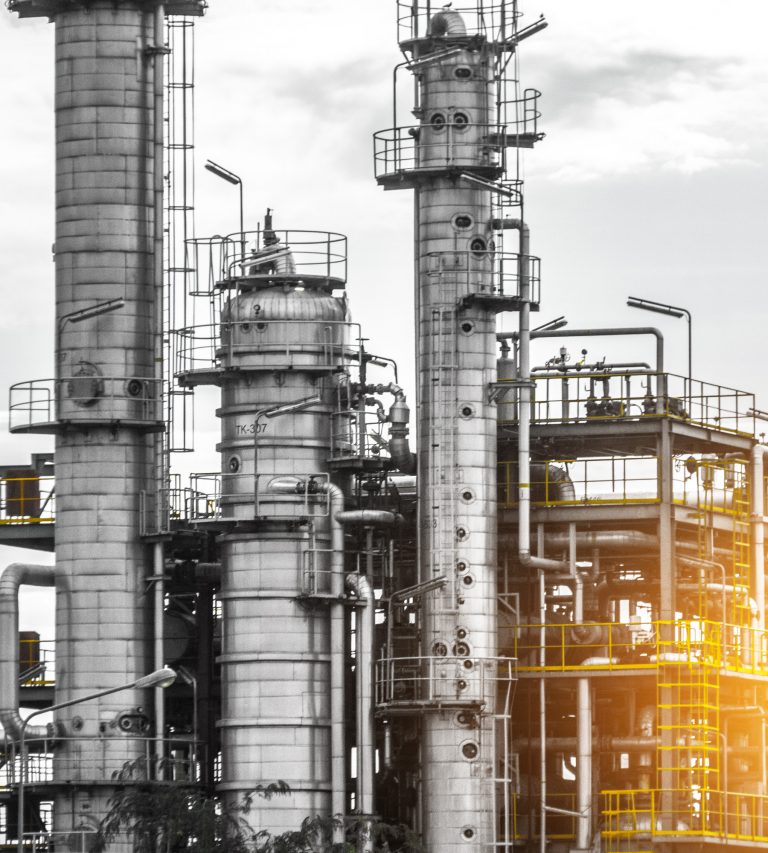The petrochemicals storage industry has embraced digitisation less eagerly than others. People have, after all, been filling large tanks with hazardous liquids for a long time with little or no help from computers. But at the Netherlands based firm LBC Tank Terminals, things are changing.

From drones that will inspect hard-to-reach areas of its facilities to digital twins of its terminals that will improve maintenance, the company plans to have a host of new digitally enabled tools at its disposal in the coming years. “Gradually, you will see more technology and innovation coming into our business,” Group CEO Frank Erkelens says. “Traditionally, our industries are not at the forefront of technology. Of course, every time we build a new installation or new infrastructure, we’ll do that with the latest technology, but if you compare that to other industries, it’s still quite conservative.”
It is very, very important to position ourselves for the future.
One factor driving the coming change is that LBC’s customers are looking to create more efficient supply chains. “I think we all recognise that if we order something online, we can track and trace that order, and we know exactly when the product is going to be delivered and get the invoice electronically,” Frank says. “That sort of ease of doing business is also expected in a professional environment like the chemical industry.”
LBC’s focus on digitalisation means that supply chain integration – as well as visibility of information throughout the supply chain – is becoming ever more important. The company is investing in digital solutions to help customers feel closer to its processes and to make the transfer of products to and from shipping, trucking and rail companies run as smoothly as possible. “It is very, very important to position ourselves for the future,” Frank says.

The company has dubbed its digitalisation effort “Terminal of the Future”, and Frank regards it as one of the major challenges of the coming years. “By becoming more automated and data-driven, our dependency on our information and operation systems will increase.”
While more automation and digitisation will mean greater efficiency and a better customer experience, the most important benefit it will provide is enhanced safety.
For Frank, safety is always LBC’s absolute first priority, dictating everything from how staff are trained to the content of daily meetings. “Everybody in our company is a safety leader and has the right to stop work and operations if it’s not safe,” he says. “We think that all occupational health and safety incidents are preventable and we try to put every barrier in place to prevent them from happening. We really promote the reporting of unsafe situations and unsafe acts in order to learn from them and, therefore, improve continuously. We consider safety our licence to operate; if we don’t operate safely, there’s no business for us,” Frank adds.
A large number of LBC’s staff are trained in TapRooT Root Cause Analysis, a methodology designed for deep, detailed investigations of safety incidents to determine what went wrong and how to avoid them in the future. Ambitious targets are set and monitored by key performance indicators to continuously improve the safety performance.
In addition to the company’s pillars of service and efficiency, LBC’s future positioning will be determined by investing in sustainability as its third pillar. Frank sees the company’s current operations as taking place within a worldwide energy transition, where businesses and societies are pursuing carbon neutrality. LBC recently switched its Rotterdam facility to wind power in an effort to take part in this larger movement. “We all have the responsibility to do much more to achieve a carbon-neutral type of society,” Frank says. “At LBC, we really consider sustainability as one of our top priorities.”
Last year, the company published its first sustainability report, which established a baseline for future strategising toward sustainability. “I think we were at the forefront of our industry,” Frank says. “We take our corporate social responsibility very seriously, which is recognised by our customers and other stakeholders.”
The team is only as strong as the accumulation of the differences that you have within it.
With around 500 employees, LBC is relatively small, which means it is able to be highly agile. “Our agility is really our strength. We are able to respond quickly to changing circumstances,” Frank says. The company’s organisational structure is flat, allowing for decisions to be made rapidly. As well as overseeing a culture where opinions are valued and shared, Frank also makes it clear that the door to his office is always open.
“To run a successful company you need an engaged workforce,” Frank says. “You have to ensure that the people who work in your company are being respected and well treated, that they have clear roles and responsibilities, and are also well rewarded.”
Diversity is also key. “You cannot run a high-performance management team with five people who all have the same backgrounds, are of the same age and who have grown up in the same environment with the same education. It doesn’t work like that,” Frank says. “The team is only as strong as the accumulation of the differences that you have within it.”
The benefits of the diversity and healthy work culture at LBC are complemented by strong strategic partnerships with key suppliers, like the Swiss laboratory instrument company Endress+Hauser and the Dutch engineering firm Iv-Industrie. “LBC is part of a larger ecosystem, and we are not a completely standalone company,” Frank says.

“We are very good at designing, building, operating and maintaining terminals and providing good service to our customers. But there are also areas where we need the help of external experts. We learn from each other and grow together.”
As LBC adapts for the future, it is positioning itself to deal with a number of opportunities and market challenges. The increase in production of shale gas in the US, for example, has led to a greater flow of chemical products across the Atlantic Ocean, and the company has been scaling up its facilities in Antwerp and Rotterdam to capitalise on this. “We are well positioned to benefit from that growth of product flow across the ocean, and we have been expanding our footprint on either side, both in the US as well as in Europe,” Frank says.
As for challenges, low interest rates in recent years have sent institutional investors looking for higher returns in infrastructure, meaning the storage market has received a substantial injection of capital from pension funds and others. A lot of new companies have entered the industry and have tried to increase the value of their investments by growing their footprints. With the large amount of capacity added over the past couple of years, the market has become more competitive.
Frank’s response to that challenge has been to focus on three main pillars: being the best in class in sustainability; providing first-class service to customers; and doing this as efficiently as possible. “We need to be at the top of our game at those three elements in order to be successful. And that links directly to our strategic priorities, which are all centred around that,” he says.
Sponsored by: Iv-Industrie
Iv-Industrie ensures that LBC Tank Terminals is equipped for its ambition to create safe and efficient tank terminals. To reach this goal, both LBC and Iv-Industrie invested in ‘thinking in systems’ to optimally set up and utilise software tools: all parts, valves, equipment and instruments are related to systems.
Read More

Proudly supported by:



